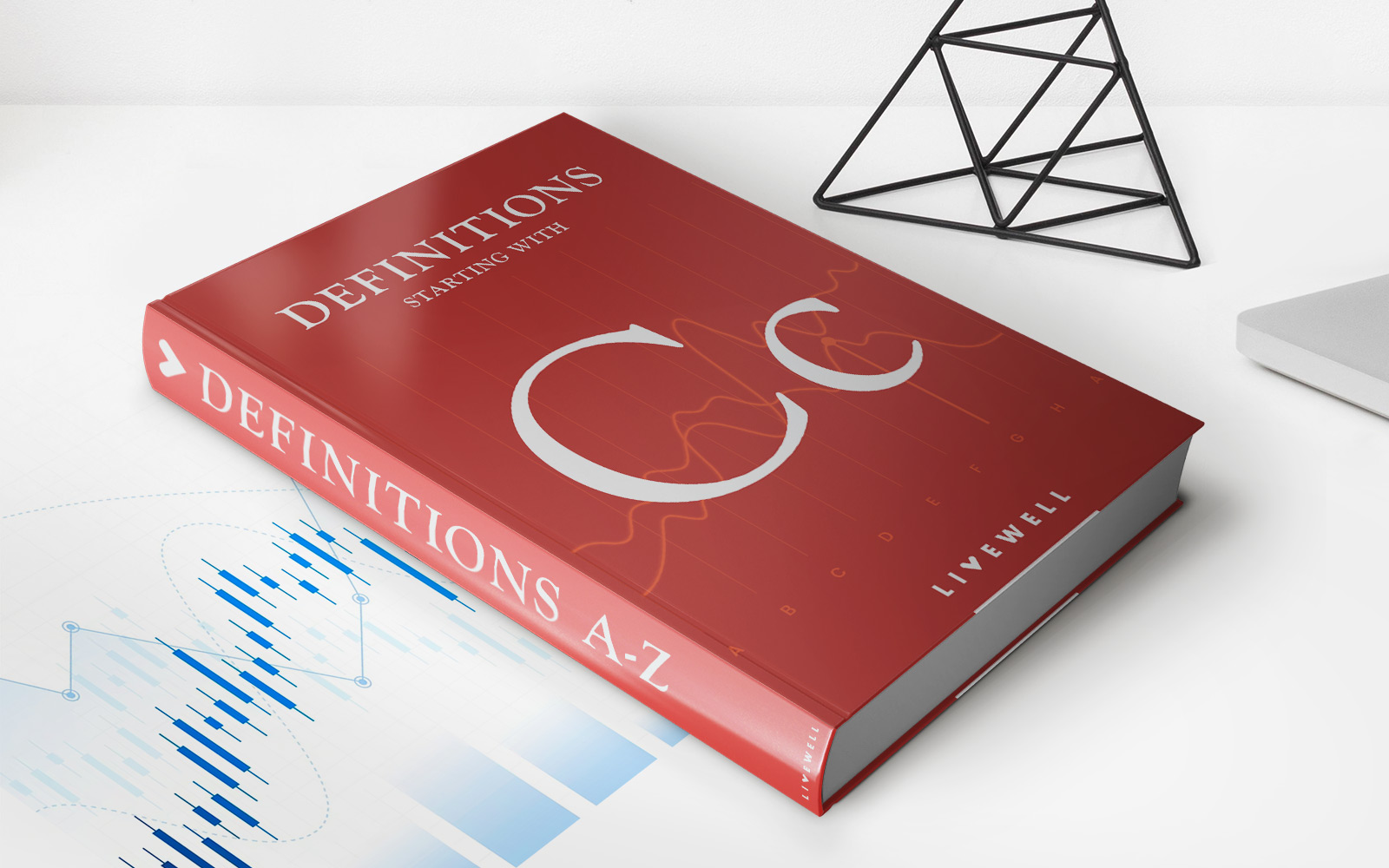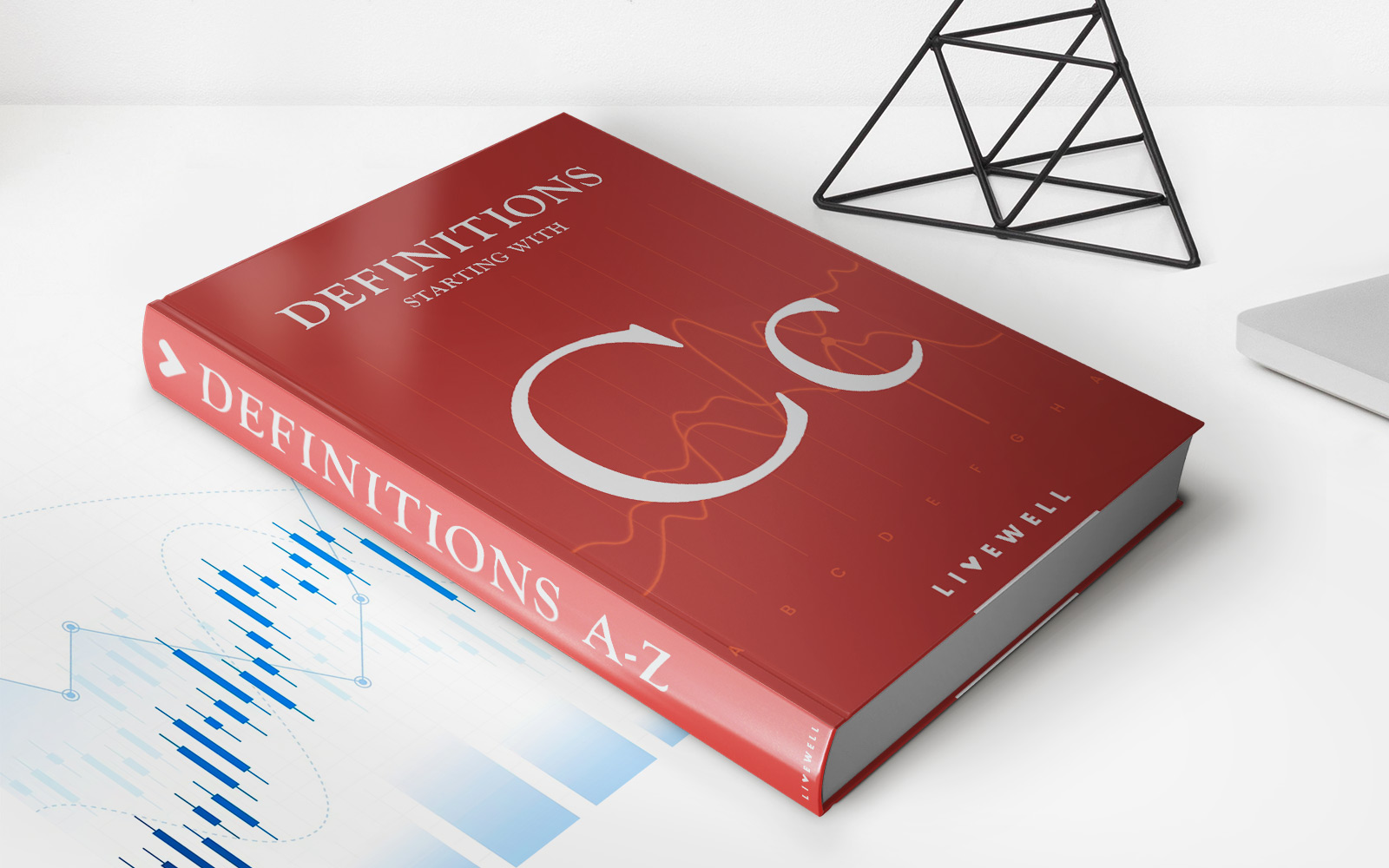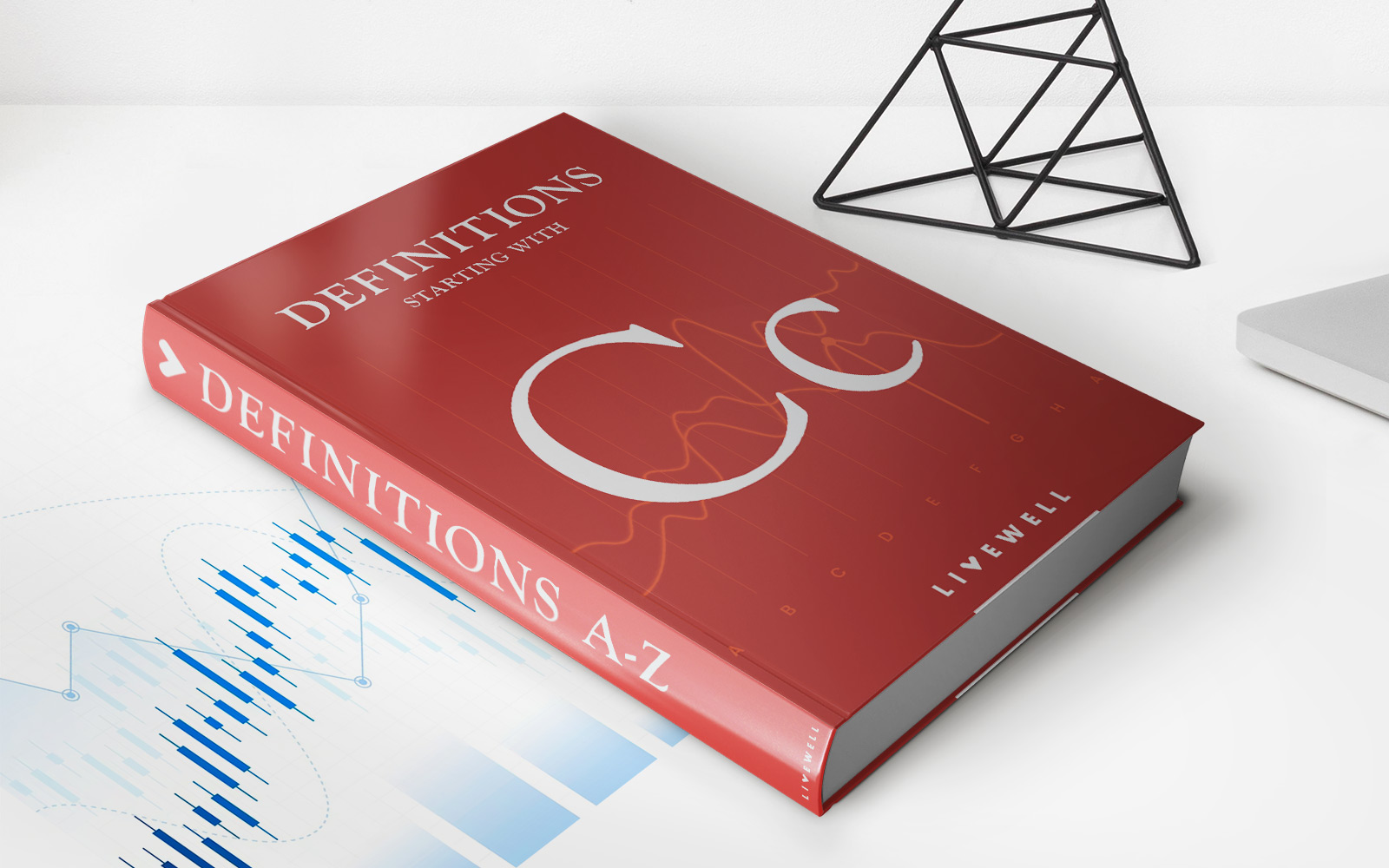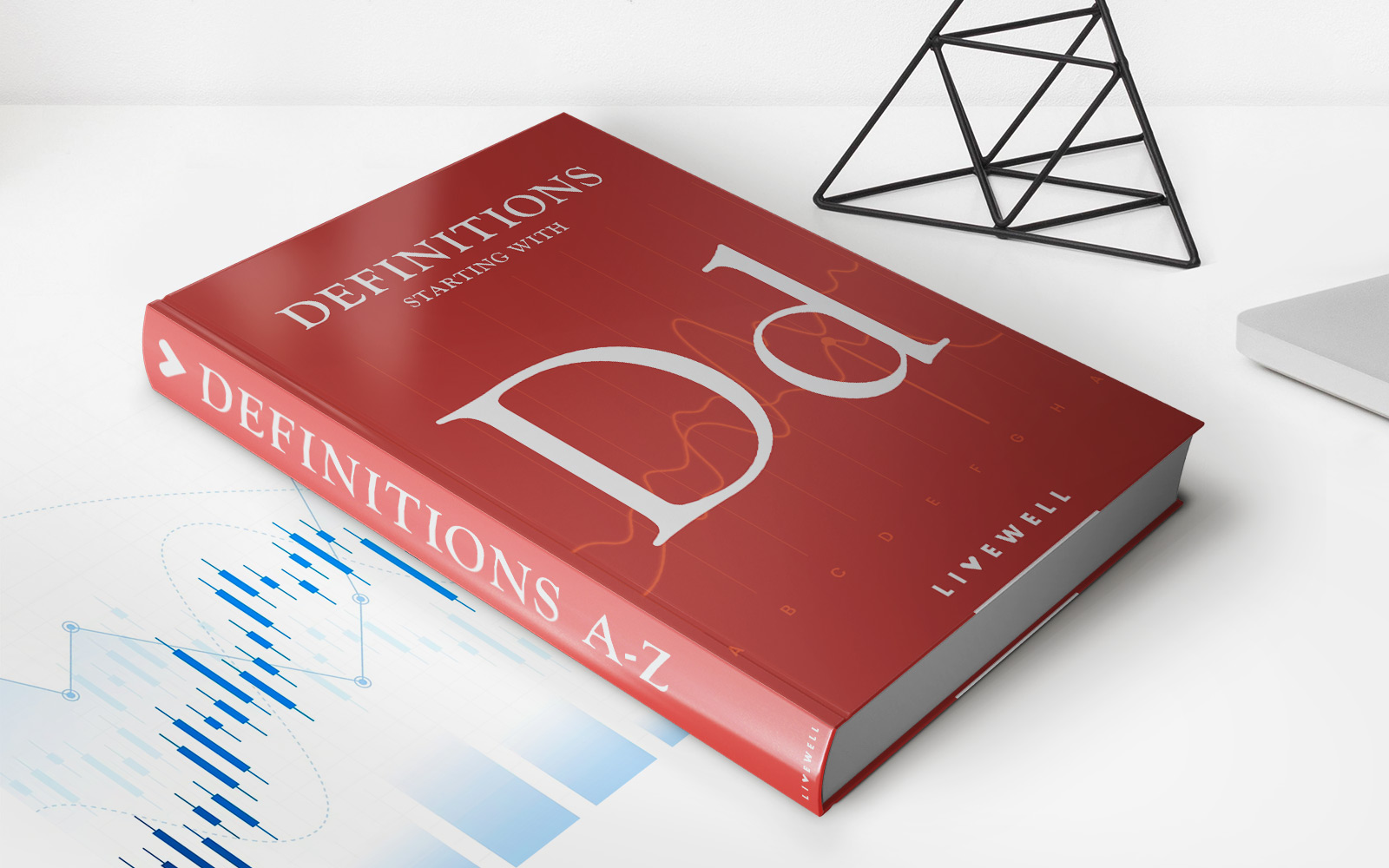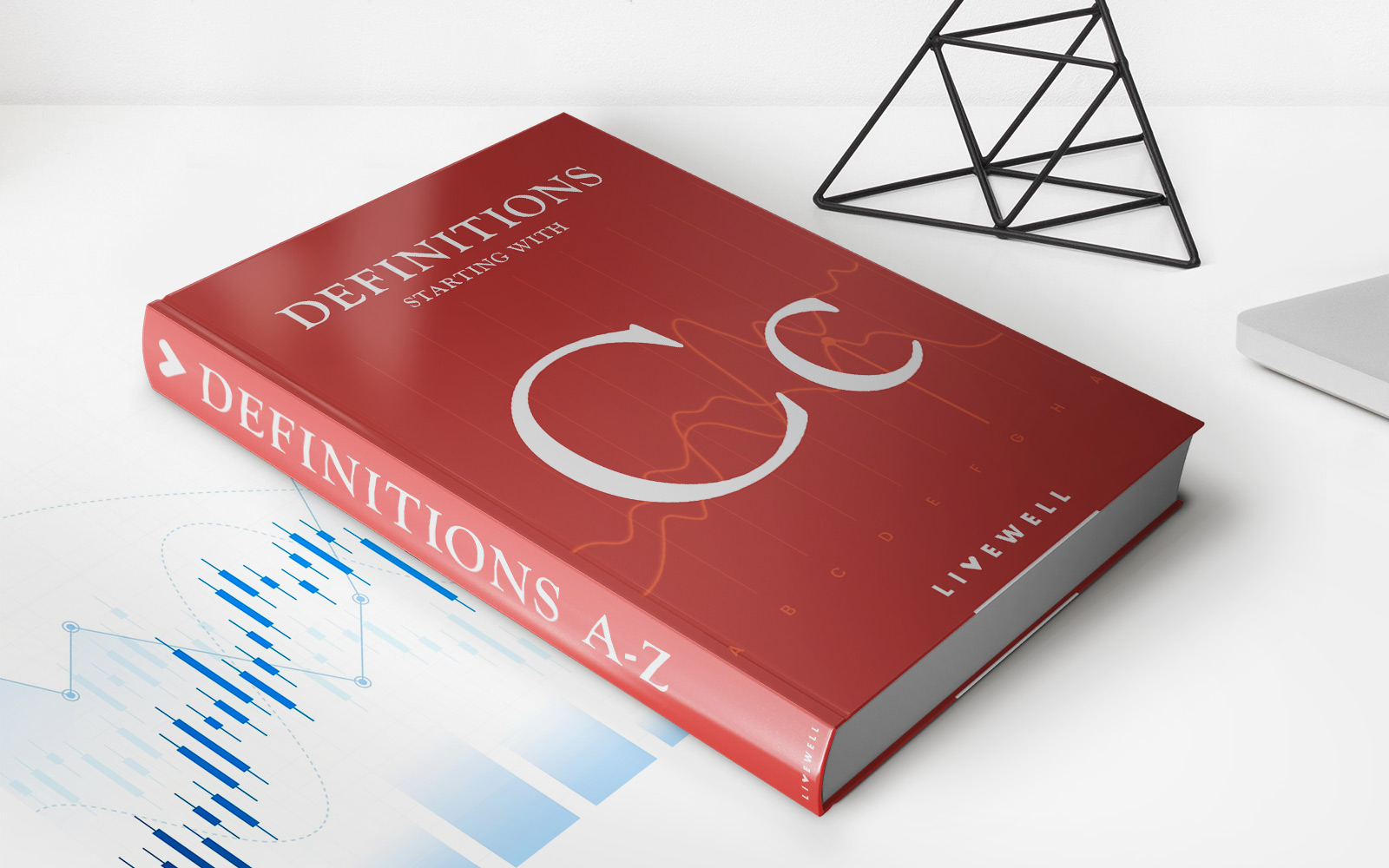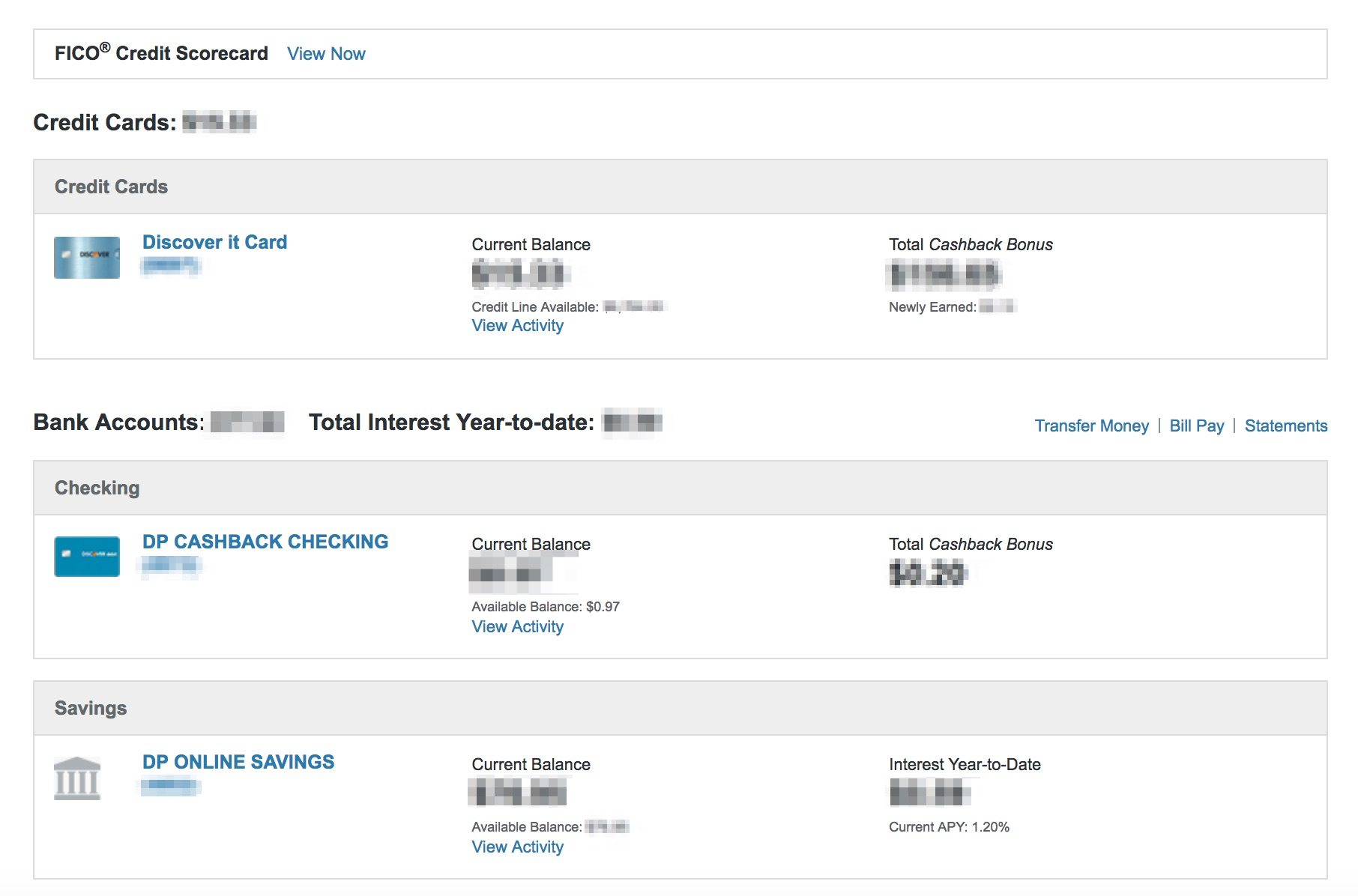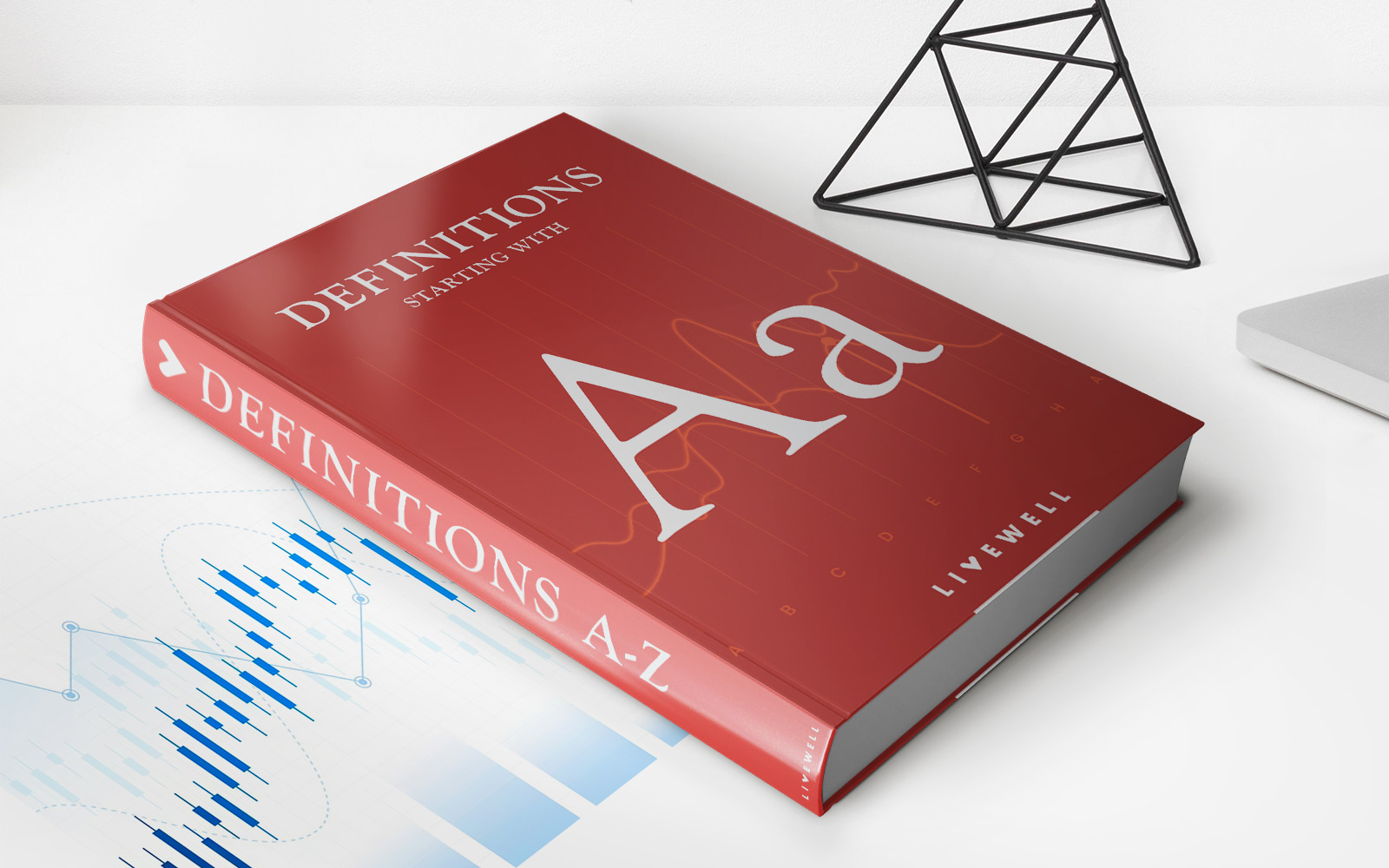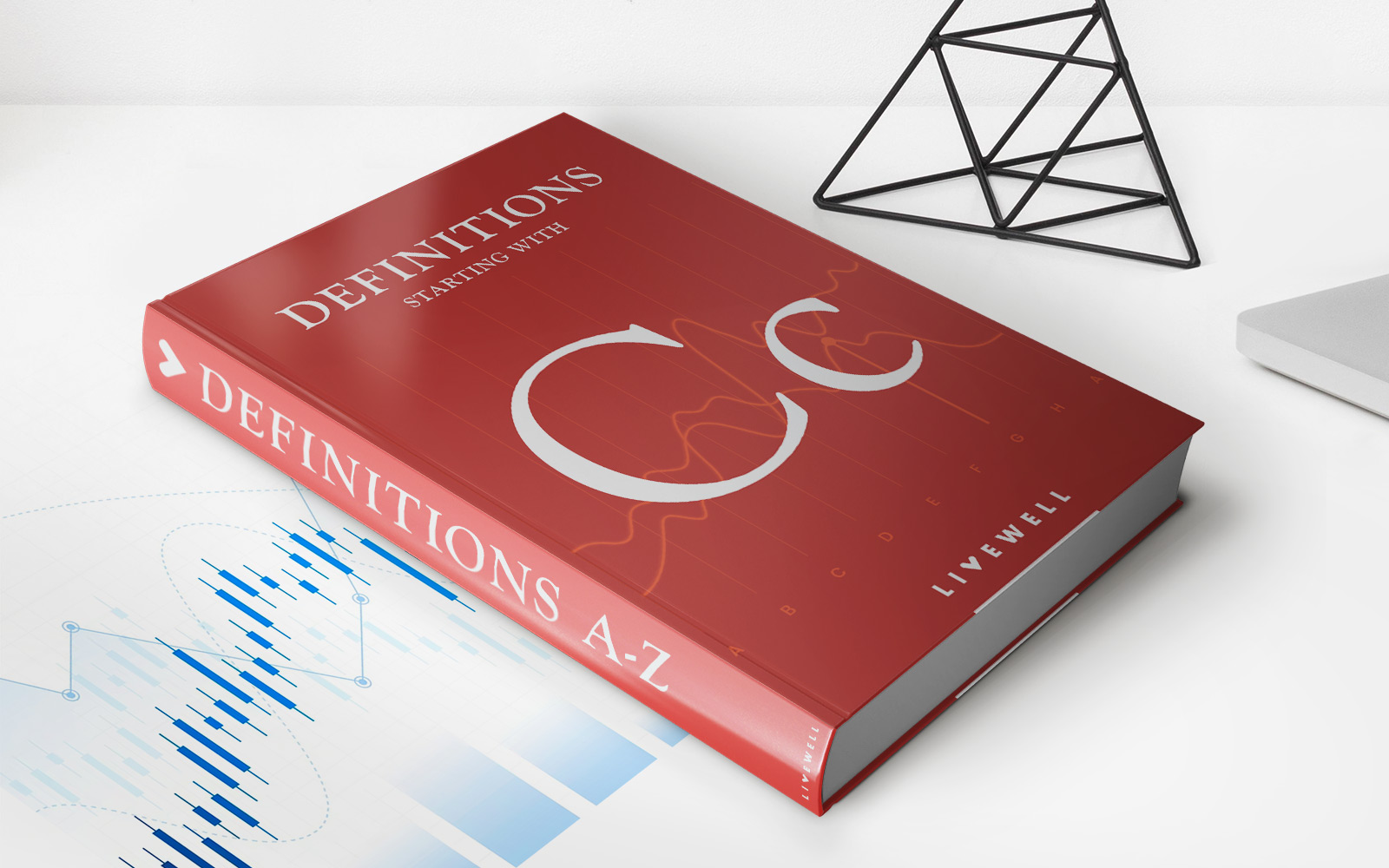

Finance
Combination Loan Definition
Published: October 29, 2023
Learn about combination loans and their definition in the world of finance. Discover how these loans can help you achieve your financial goals.
(Many of the links in this article redirect to a specific reviewed product. Your purchase of these products through affiliate links helps to generate commission for LiveWell, at no extra cost. Learn more)
Unlocking the Power of Combination Loans in Your Financial Journey
When it comes to navigating the complex world of personal finance, it’s important to have a range of tools and options at your disposal. One option that is often overlooked but can be incredibly powerful is a combination loan. If you’re not familiar with this term, don’t worry – we’ve got you covered. In this blog post, we’ll dive deep into the combination loan definition, how it works, and why it might be a smart financial move for you.
Key Takeaways:
- Combination loans offer the best of both worlds by combining different types of loans into a single package.
- They can provide flexibility, convenience, and potentially cost savings to borrowers.
What is a Combination Loan?
A combination loan is a financial product that combines two or more different types of loans into a single package. Typically, it involves combining a mortgage loan with a home equity loan or line of credit. This unique arrangement allows borrowers to access additional funds while also benefiting from the advantages of both loan types.
Combination loans are often used for specific purposes, such as funding home renovations, consolidating debt, or making a large purchase. By leveraging the equity in their home, borrowers can tap into additional funds at competitive interest rates, avoiding the need to take on additional high-interest debt.
How Does a Combination Loan Work?
The mechanics of a combination loan will vary depending on the specific products being combined. In most cases, the primary loan is a mortgage, while the secondary loan is a home equity loan or line of credit. The combined amount is typically based on a percentage of the home’s appraised value.
One common type of combination loan is known as a piggyback loan. This involves taking out a second mortgage simultaneously with the primary mortgage. The second mortgage is usually for a smaller amount and helps the borrower avoid paying private mortgage insurance (PMI) if they don’t have a large down payment.
Another form of combination loan involves refinancing an existing mortgage with a cash-out option to access equity and secure a lower interest rate. This allows borrowers to consolidate their mortgage and additional funds into a single loan, simplifying the repayment process.
Why Consider a Combination Loan?
Combination loans offer several advantages that make them worth considering for certain financial situations:
- Flexibility: By combining different loan types, borrowers gain increased flexibility in how they use the funds. Whether it’s renovating their home, paying off high-interest debt, or making a major purchase, the funds can be allocated as needed.
- Convenience: Dealing with multiple loan accounts and providers can be time-consuming and confusing. By consolidating loans into a single package, borrowers can streamline their finances and deal with only one lender.
- Potential Cost Savings: Depending on the terms and conditions of the combination loan, borrowers may be able to secure a more favorable interest rate overall. This can result in cost savings over the life of the loan.
It’s important to note that combination loans may not be the right option for everyone. As with any financial decision, it’s essential to carefully consider your goals, circumstances, and consult with a knowledgeable professional to determine whether a combination loan is the best fit for you.
In Summary
Combination loans provide a unique and powerful tool for borrowers looking to leverage their home equity and access additional funds. By combining different loan types, borrowers can enjoy flexibility, convenience, and potentially save on costs. However, it’s critical to evaluate your individual circumstances and seek guidance to determine whether a combination loan aligns with your financial goals. With careful planning and consideration, a combination loan can be a smart move to unlock the power of your assets and enhance your financial well-being.



